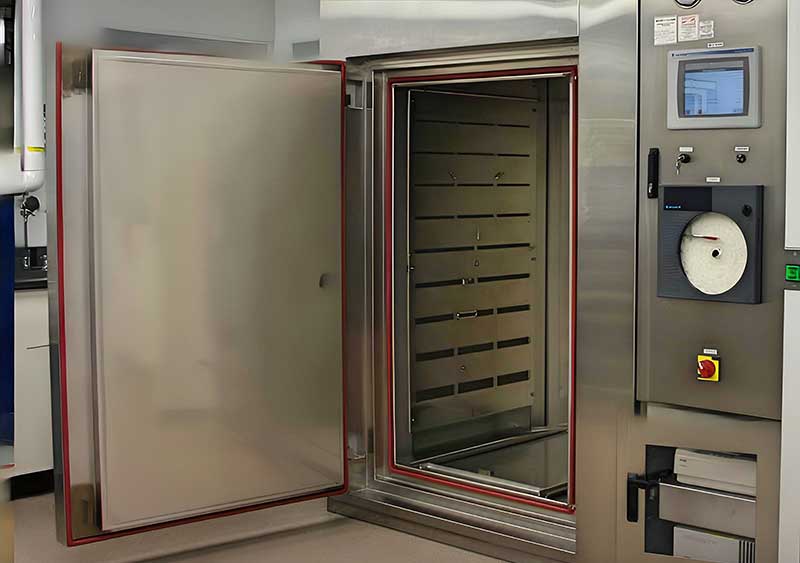Dry Heat Sterilization & Depyrogenation
Dry heat sterilization is a method widely employed to eliminate microbial contaminants from pharmaceutical products, medical devices, and packaging materials. Unlike other sterilization methods which use moist heat or chemical agents, dry heat sterilization relies on elevated temperatures typically ranging from 160°C to 250°C for prolonged periods. Depyrogenation is a process specifically aimed at removing pyrogens—substances that can cause fever when introduced into the body—from pharmaceutical products and medical devices, typically via heat. Pyrogens are typically remnants of bacteria or bacterial products and pose serious risks if present in injectable drugs or intravenous solutions.
These processes are especially effective for items that are sensitive to moisture or incompatible with other sterilization methods.

